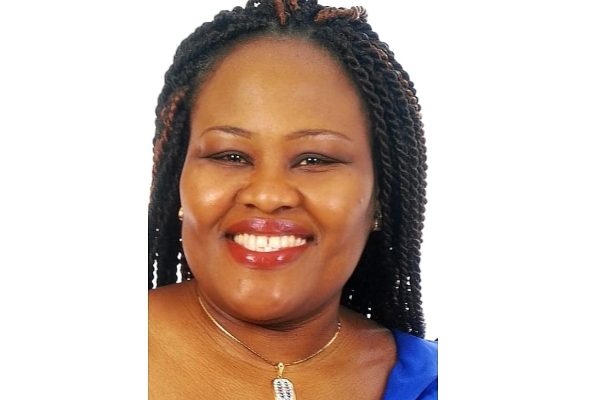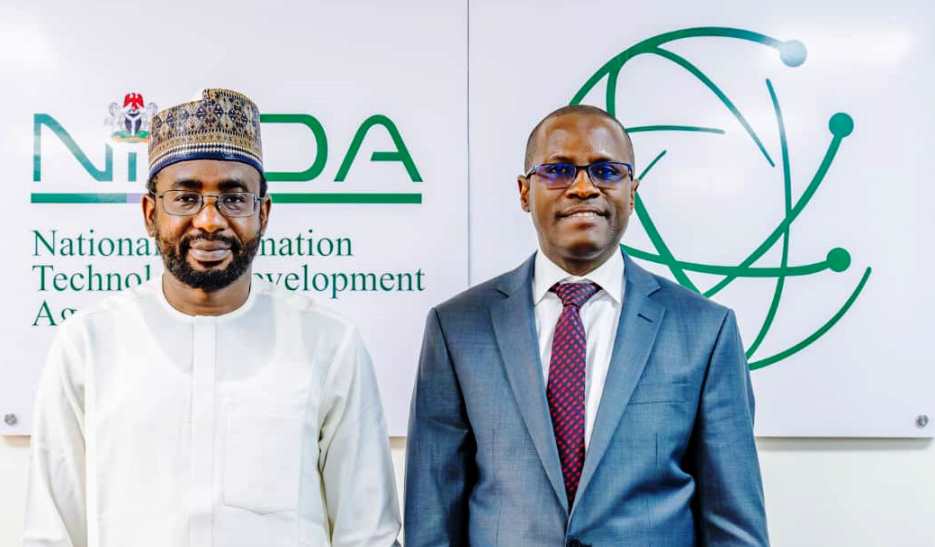On October 10 each year, the world observes World Mental Health Day—a critical occasion that puts the spotlight on mental wellness. This year’s event serves as a poignant reminder of the daily struggles faced by millions of Nigerians living with mental health conditions. In Nigeria and across much of Africa, these struggles often remain hidden due to social stigma, insufficient funding, and a severe shortage of professional care.
The situation is urgent. According to a World Health Organization (WHO) report, around 40 million Nigerians—representing roughly 20% of the country’s estimated 200 million population—suffer from mental health disorders. Yet, nearly 80% of these individuals lack access to any form of appropriate treatment or support. Such statistics present a troubling reality in a nation that boasts enormous human capital but falls behind in health infrastructure and social investment.
Breaking the Silence: The Cost of Stigma and Underfunding
Mental health is not merely the absence of illness but a cornerstone of overall well-being and productivity. In many Nigerian communities, however, mental health challenges remain heavily stigmatized. According to Scholastica Onumonu, founder of the Changed Foundation—a UK-based non-profit working to shift mindsets—many individuals suffering from anxiety, depression, or more severe conditions are often encouraged to seek out faith-based, spiritual, or traditional remedies instead of professional psychiatric or psychological care. She notes, “Mental health is treatable and nothing to be ashamed of. Unfortunately, cultural misconceptions and stigma often compel sufferers to seek traditional or spiritual healing instead of medical care.”
This approach is rooted in both tradition and a lack of trust in public health services. As Abuja psychologist Ayodele Lawal observes: “People are more likely to hide their pain than seek clinical help—fear of being labeled ‘mad’ or ostracized keeps too many in the shadows.”
In practical terms, Nigeria’s public health system is seriously underequipped. The country has reportedly fewer than 350 psychiatrists, a number grossly inadequate for its vast and youthful population. In comparison, South Africa, with less than a third of Nigeria’s population, has almost double the number of practicing psychiatrists.
Addressing the Crisis: Policy, Advocacy, and Community Action
To mark the 2025 World Mental Health Day, the Changed Foundation unveiled “Mind Matters Nigeria”—an ongoing campaign to promote early intervention, encourage help-seeking behaviors, and boost local understanding of mental wellness. The initiative mobilizes policy roundtables, personal storytelling, and educational resources to support at-risk groups, families, schools, and religious organizations through relatable, actionable information.
“Mental health doesn’t discriminate; it can affect anyone,” Onumonu emphasized, echoing a sentiment gaining traction among advocates across West Africa. “But help is available, recovery is possible, and no one needs to suffer in silence. Every Nigerian deserves the right to be heard, treated, and supported.”
Grassroots advocates are also stepping up. Hafsat Musa, a Kaduna-based community organizer, says her team has seen measurable progress. “Our outreach sessions in secondary schools and mosques have sparked important conversations about depression and anxiety—especially among young men who often bottle things up,” she mentioned.
Persistent Gaps and the Path Forward
Despite growing awareness, significant gaps remain. Mental health services—such as counseling, diagnosis, and treatment—are still mostly concentrated in urban teaching hospitals, largely inaccessible to rural and low-income Nigerians. According to WHO, Nigeria spends less than 4% of its total health budget on mental wellness—a glaring shortfall by global standards.
Onumonu and other experts urge all levels of government to take decisive steps. Enforcing Nigeria’s National Mental Health Act—enacted in 2021 and 2023 and designed to bring mental health services into primary healthcare centers—remains a top priority. “We need the government to implement existing laws, motivate professionals with incentives, and run nationwide awareness campaigns—including in workplaces and schools,” she stated.
- Train more mental health workers and incentivize their deployment to underserved regions
- Integrate mental health into primary health centers, so care is available in every LGA
- Expand health insurance to cover mental health diagnosis and treatment
- Promote public education to break myths and reduce harmful stereotypes
Local Realities: The Human Impact and Global Connections
The urgency of Nigeria’s mental health crisis is underscored by the experiences in conflict-prone areas like Plateau State. Onumonu recently commented on the humanitarian situation there, calling the enduring cycle of ethno-religious and communal violence “one of Nigeria’s most persistent crises.” She stressed, “Any genuine attempt at reconciliation must be anchored on fairness and truth.” The traumatizing effects of violence, displacement, and insecurity can trigger or worsen mental health conditions, from post-traumatic stress disorder (PTSD) to substance abuse and depression, especially among women, children, and the elderly.
In a global context, Nigeria’s struggles with mental health care echo challenges seen across much of West Africa and even around the world—underscoring the need for shared solutions and solidarity. According to mental health researcher Dr. Genevieve Kwame, based in Accra, “The lessons we learn in Nigeria are relevant for Ghana, Côte d’Ivoire, Senegal, and beyond. Every African country faces its own form of stigma, shortage of professionals, or resource gaps. Regional collaboration can strengthen all our systems.”
Voices from the Community
Ordinary citizens also provide insight into the scale and complexity of the problem. Sadiq, a 27-year-old from Minna, shared his personal experience: “When I lost my job and things got tough, I felt so alone. My friends told me to ‘man up’ instead of helping me find support. I wish there were more places I could go without fear of being mocked.” Testimonials like Sadiq’s reflect the lived realities of stigma and isolation, and show why collective action is crucial.
Experts say the private sector also has a role to play. Corporate wellness programs, employee assistance, and collaborative campaigns with health insurers can help destigmatize mental health, keeping businesses productive and communities healthy.
The Road Ahead: Hope, Action, and Accountability
Mental health is everyone’s concern—from policy makers in Abuja, to youth in Lagos and market traders in Makurdi. The message from experts and advocates is clear: seeking mental health support should be as normalized as visiting the doctor for malaria or diabetes.
“Seeking help early saves lives, reduces suffering, and builds stronger communities,” Onumonu reiterated. “Together, we can end stigma, lift up one another, and create a healthier, more resilient society.”
As Nigeria continues its journey toward universal mental health care and social inclusion, attention must remain on closing service gaps, upholding new policies, and listening to the voices of those living with mental health challenges every day.
Your voice matters: How has mental health care—good or bad—shaped your life or those around you? What are the most urgent steps needed in your state or community?
Drop a comment below and let us know your stories and solutions. Your perspective could inspire policymakers and help others in similar situations.
Have a story about mental health, wellness, or local communities you want to share or sell? Email us at
story@nowahalazone.com to get your story featured or discuss story submissions.
For general support, reach out at
support@nowahalazone.com.
Stay informed and connected: Follow us on
Facebook,
X (Twitter), and
Instagram for more updates, real stories, and public discussions on mental health and community action across Nigeria and West Africa!










